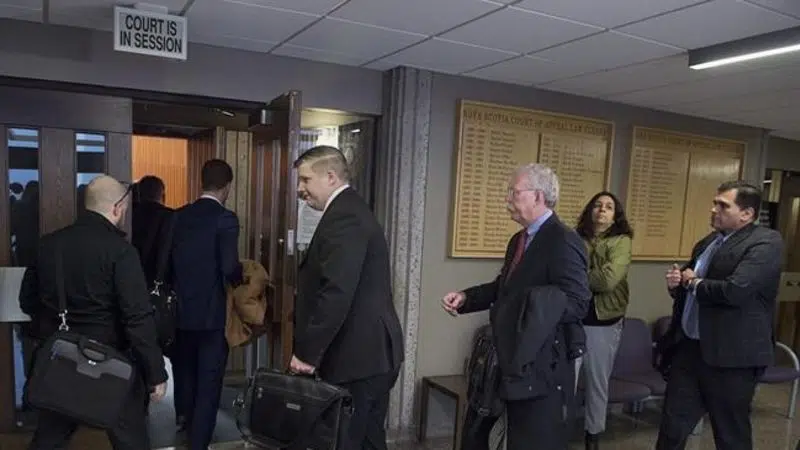
Case of defunct QuadrigaCX cryptocurrency exchange could shift to Toronto court
HALIFAX — The accounting firm investigating the multimillion-dollar implosion of the QuadrigaCX cryptocurrency exchange wants to move the ongoing bankruptcy proceedings from Halifax to Toronto, saying the case is now focused on people and assets in Ontario.
Ernst and Young, in a court document filed earlier this week, has asked a Nova Scotia Supreme Court judge for the change in jurisdiction.
The financial services company says the recent involvement of several law enforcement agencies and regulators has added to the complexity of a case that will require multiple court appearances in Toronto.
“As the majority of the professionals are located in Ontario, there would be significant cost savings to transferring the proceedings to Ontario,” says the company, which is acting as QuadrigaCX’s bankruptcy trustee.
